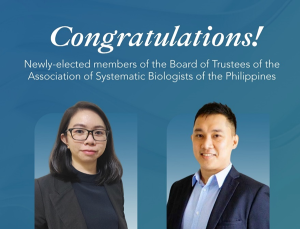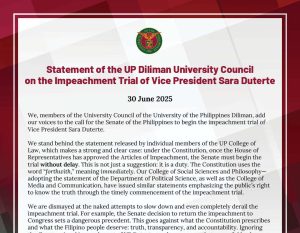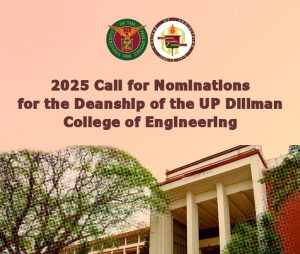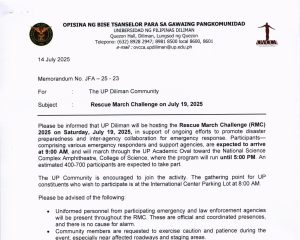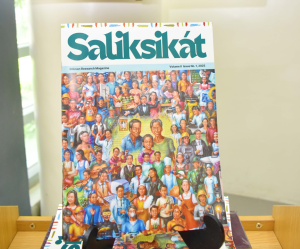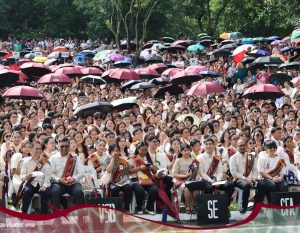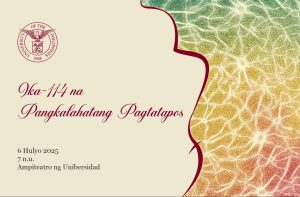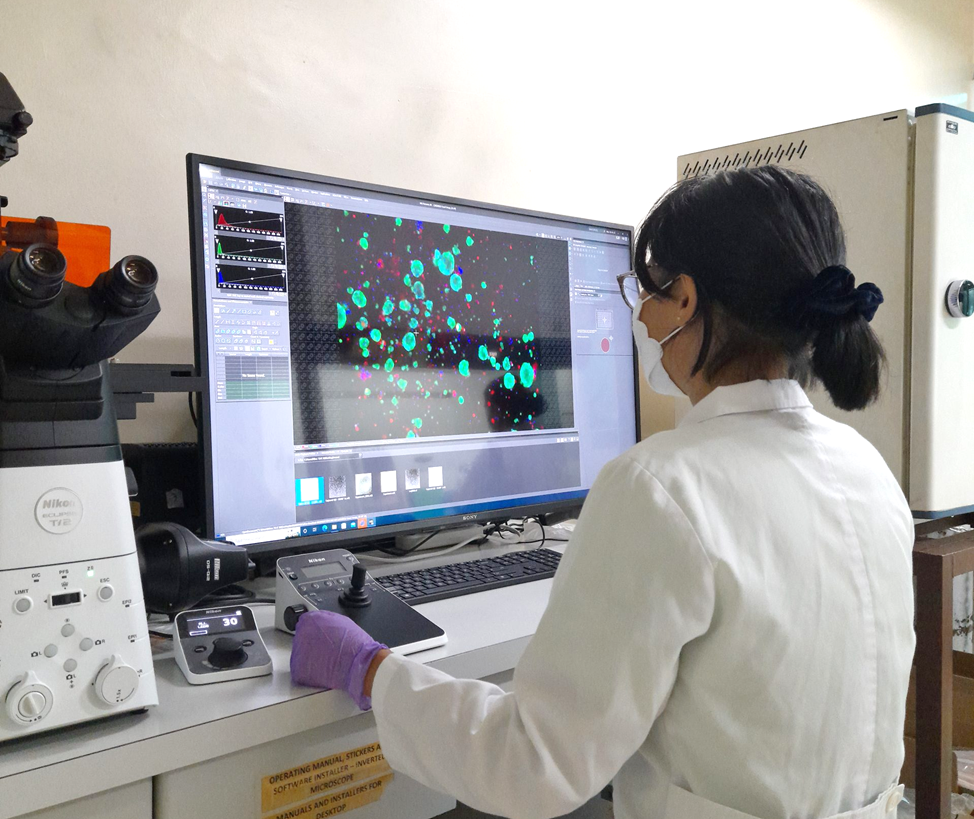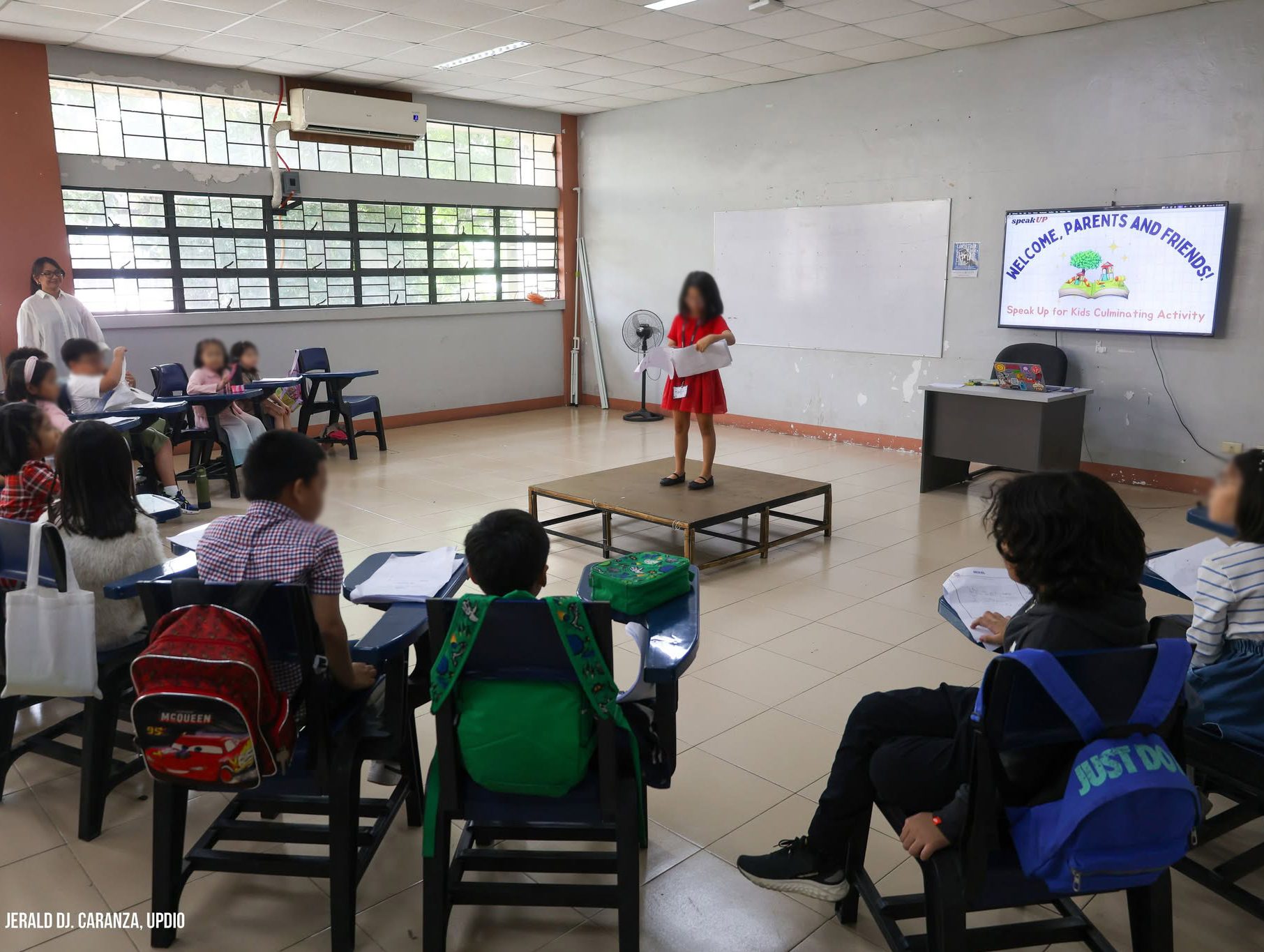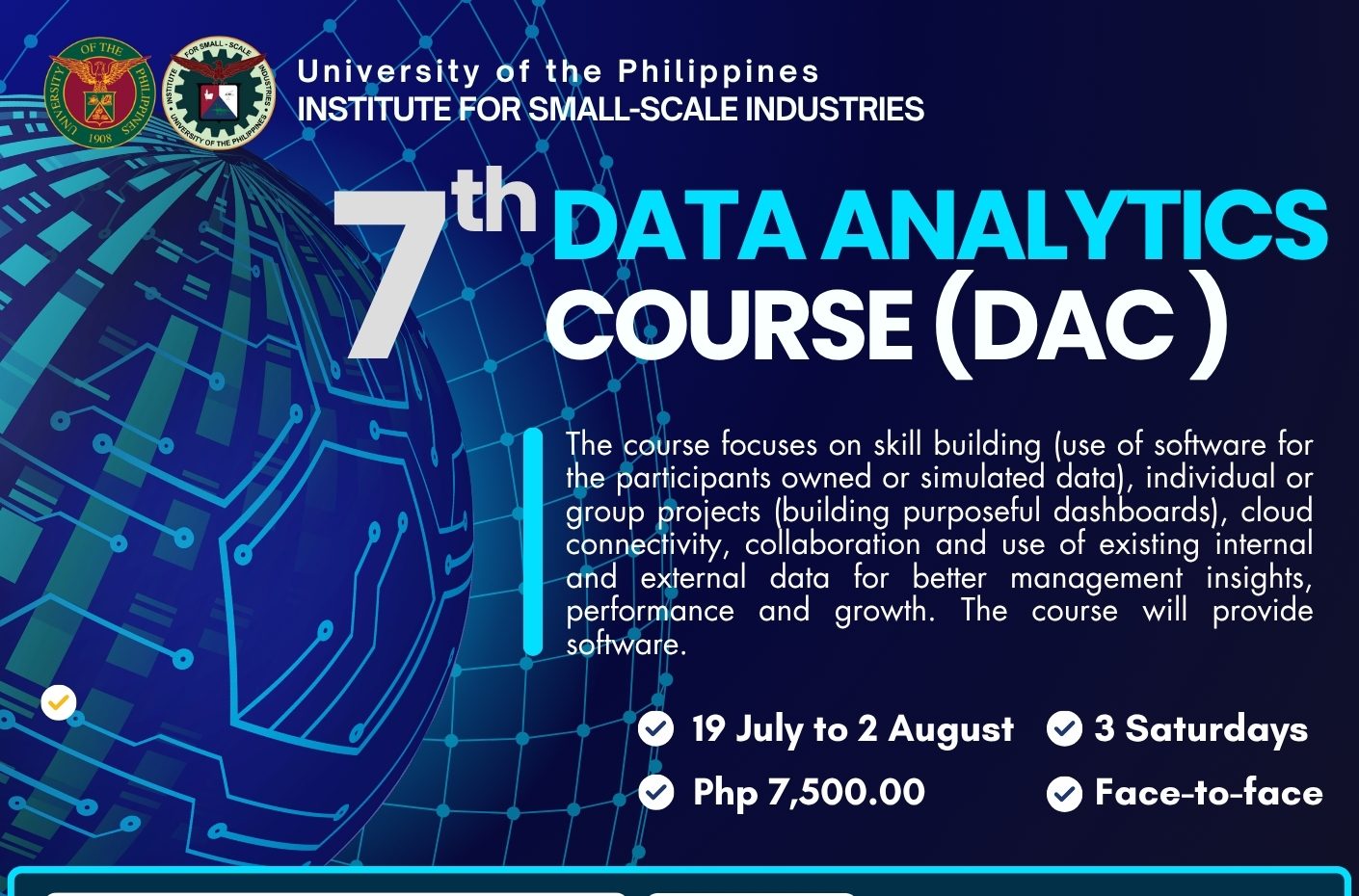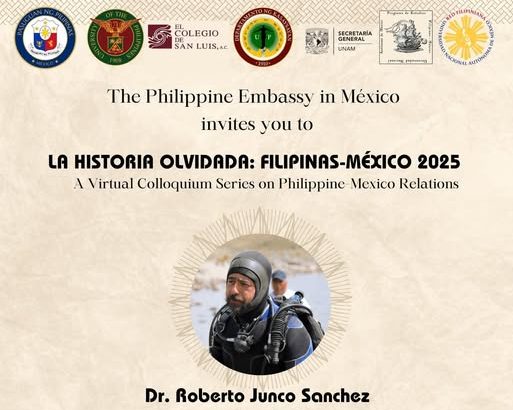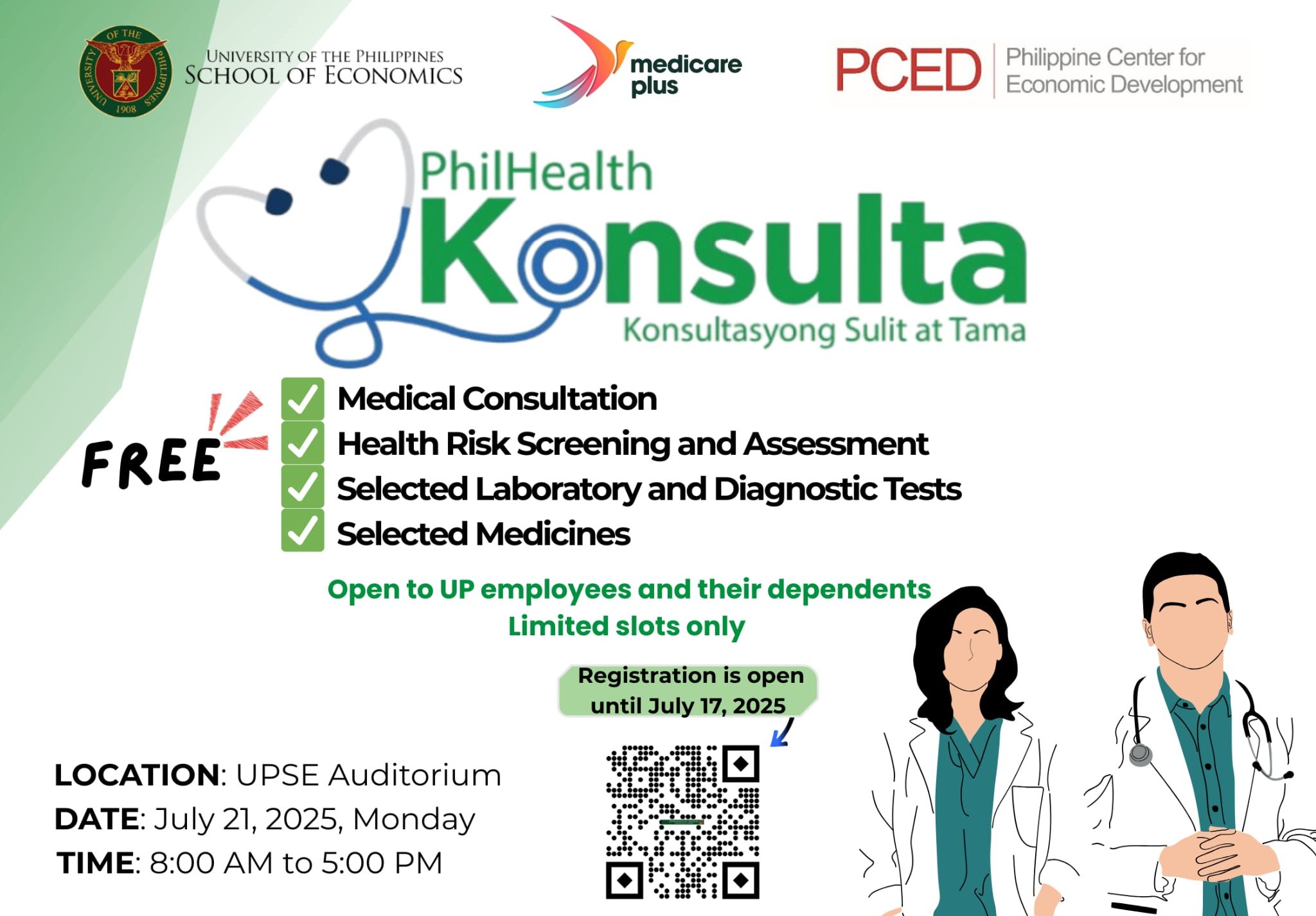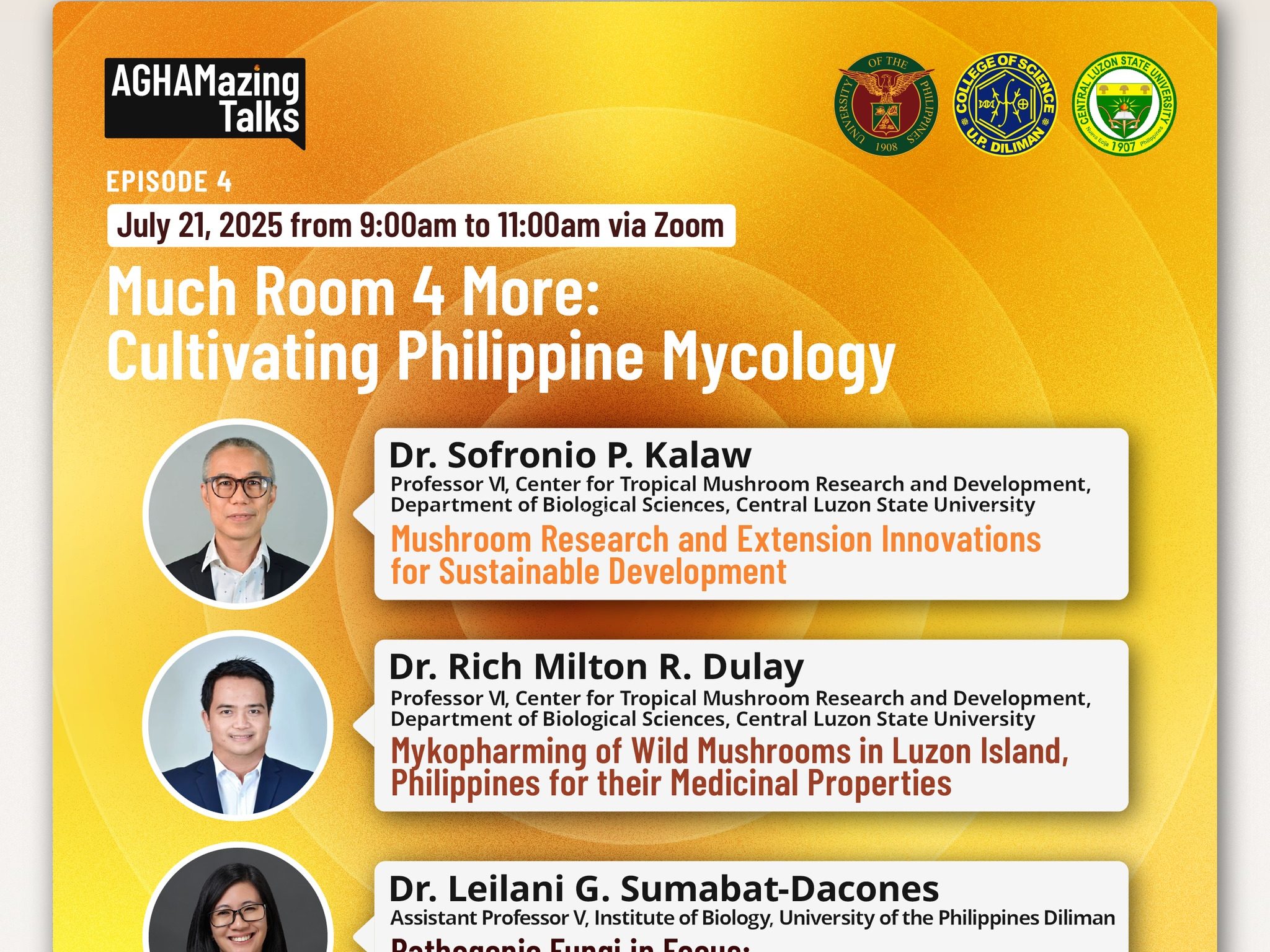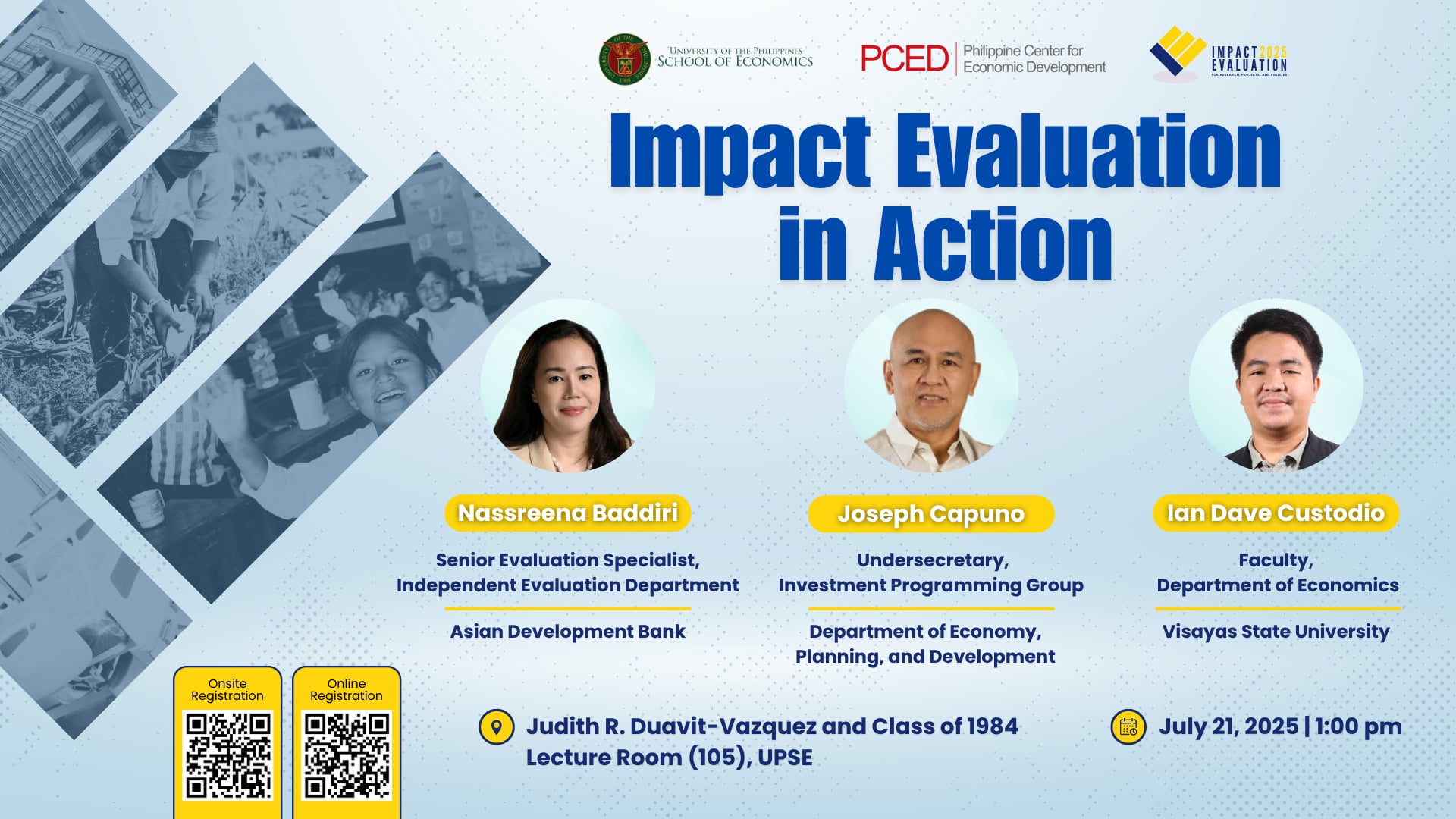Latest News
UP scientists develop model to detect LVI
According to the Global Cancer Observatory by the World Health Organization International Agency for Research on Cancer, breast cancer was the most common cancer in the Philippines in 2022. It also claimed close to 12,000 lives in the Philippines that year, making it the country’s second leading…
Speak UP draws to a close
The annual Speak UP workshop for kids, tweens, and teens, organized by the UP Diliman Department of Speech Communication and Theatre Arts (DSCTA) recently concluded for this year.
Holden Kenneth Alcazaren, assistant professor at the DSCTA, shared that the DSCTA managed 12 Speak UP…

